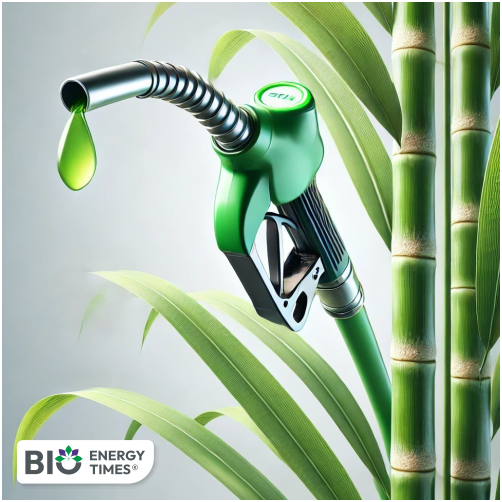The Supreme Court of India is set to hear a Public Interest Litigation (PIL) on September 1, 2025, challenging the Union government’s E20 Petrol Policy, which mandates the nationwide blending of 20% ethanol with petrol.
A bench comprising Chief Justice of India B.R. Gavai and Justices K. Vinod Chandran and N.V. Anjaria will hear the matter, according to legal news portal LawChakra.
The E20 policy, a key component of India’s clean energy agenda, aims to reduce dependency on fossil fuels, cut carbon emissions, and promote environmentally sustainable alternatives.
However, the petition filed by Advocate Akshay Malhotra argues that the policy violates the fundamental rights of vehicle owners by offering only E20 fuel without an ethanol-free option (E0). The petitioner contends that most vehicles currently on Indian roads are not designed to run on high ethanol blends and that the absence of choice and lack of public awareness amounts to a breach of consumer rights under the Consumer Protection Act, 2019.
The petition stresses that many consumers are unaware that they are purchasing ethanol-blended petrol instead of pure petrol. This lack of transparency, it states, compromises informed consumer decision-making.
The plea seeks the following directions from the Court:
- Ensure ethanol-free petrol (E0) is available at all fuel stations.
- Mandate clear labelling of ethanol content at petrol pumps and dispensers.
- Inform consumers at refuelling points about vehicle compatibility with ethanol-blended petrol.
- Direct the Ministry of Consumer Affairs to enforce consumer protection standards related to ethanol fuels and issue advisories.
- Commission a nationwide study on the impact of E20 on fuel efficiency and engine wear in non-compatible vehicles.
In response to rising concerns, the Ministry of Petroleum and Natural Gas (MoPNG) has reaffirmed its commitment to the Ethanol Blended Petrol (EBP) Programme. The Ministry dismissed claims circulating among consumers that use of E20 fuel could invalidate vehicle insurance, clarifying that insurance coverage remains unaffected by E20 usage.
The EBP Programme, according to the government, is central to India’s strategy for reducing crude oil imports, conserving foreign exchange, and supporting the rural economy. Since its inception in Ethanol Supply Year (ESY) 2014–15, the programme has paid over ₹1.25 lakh crore to farmers and saved more than ₹1.44 lakh crore in foreign exchange. It has also helped cut carbon dioxide emissions by approximately 736 lakh metric tonnes and replaced over 244 lakh metric tonnes of crude oil.
Blending progress has accelerated significantly in recent years. Public Sector Oil Marketing Companies (OMCs) achieved 10% ethanol blending ahead of schedule in June 2022 (ESY 2021–22). This rose to 12.06% in ESY 2022–23, 14.60% in ESY 2023–24, and reached 19.05% by July 31, 2025, in the ongoing ESY 2024–25. In July 2025 alone, the blending rate touched 19.93%.
That month, OMCs procured 85.3 crore litres of ethanol under the programme, bringing total procurement to 722.7 crore litres between November 2024 and July 2025. The total volume of ethanol blended into petrol during the same period stood at 749 crore litres.
The Supreme Court’s verdict on the matter is expected to carry significant implications for the future of India’s biofuel strategy, as well as for consumer rights and vehicle safety standards.















